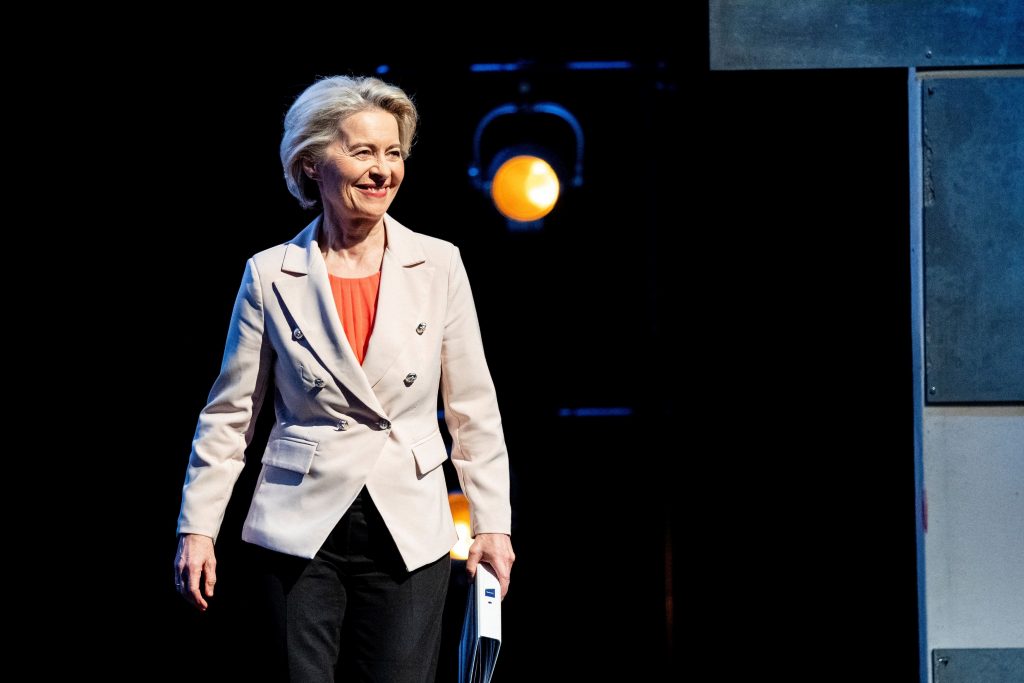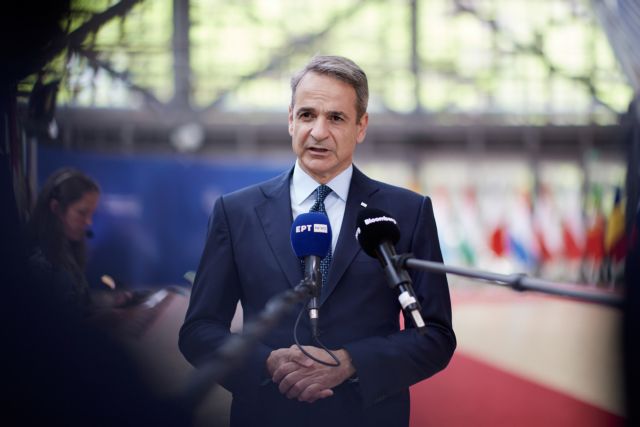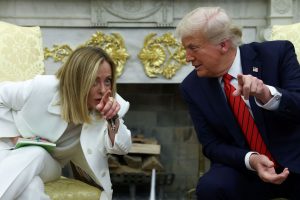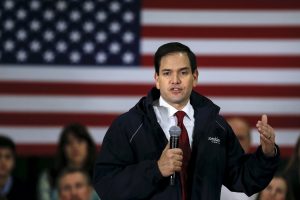At the Brussels summit on June 27-28, Greek Prime Minister Kyriakos Mitsotakis reacted strongly to a Franco-German proposal for significant last-minute amendments to the Strategic Agenda, a document that had already been extensively discussed by permanent representatives.
According to reports, Mitsotakis raised concerns about principles and institutional procedures, particularly objecting to the deletion of a paragraph on defense initiatives: “Flagship projects and defense initiatives of common interest across the EU.”
He emphasized that the text had undergone thorough discussion in the Committee of Permanent Representatives and insisted that it should remain unchanged.
Italian Prime Minister Giorgia Meloni immediately backed Mitsotakis’s stance, also calling for the text to remain as is.
This intervention was supported by a majority of EU partners, including Cyprus, Poland, Portugal, Sweden, Luxembourg, Finland, Estonia, the Czech Republic, Lithuania, and Belgium.
Despite these contentious points, the European leaders reached a consensus on all agenda items, including the appointments for the EU’s top positions and the “Strategic Agenda” for the 2024-2029 period.
France and Germany aimed to include several key points in the Summit conclusions:
• For climate policy: “To continue the implementation and further development of the Green Deal.”
• For defense: “A stronger and more capable European Union in the field of security and defense will positively contribute to global and transatlantic security and is complementary to NATO, which remains the foundation of collective defense for its members.”
• For competition policy: “We must revise European competition rules and practices and allow the establishment of joint ventures and consolidation in key sectors in order to strengthen European resilience.”
• Regarding enlargement: “The European Union emphasizes the need to lay the necessary internal foundations and reforms to fulfill the Union’s long-term ambitions and address key questions related to its priorities and policies, as well as its capacity to act in response to a new geopolitical reality and increasingly complex challenges.”
Following the summit meeting, the Greek prime minister addressed Greek journalists, initially expressing satisfaction with the decision to back the three candidates for top European Union positions.
Regarding the attempts by France and Germany to alter the agreed wording in the Strategic Agenda, he expressed surprise at the significant modifications being proposed.
The Prime Minister noted these changes were rejected, leading both the German Chancellor and the French President to agree that further discussion was unnecessary, thus preserving the original text of the Strategic Agenda.
Responding to inquiries about the recent Hezbollah threat against Cyprus, Mitsotakis confirmed that the issue was raised by the Cypriot President. He underscored that it is unacceptable for any EU member to face threats and potentially be drawn into regional conflicts.




